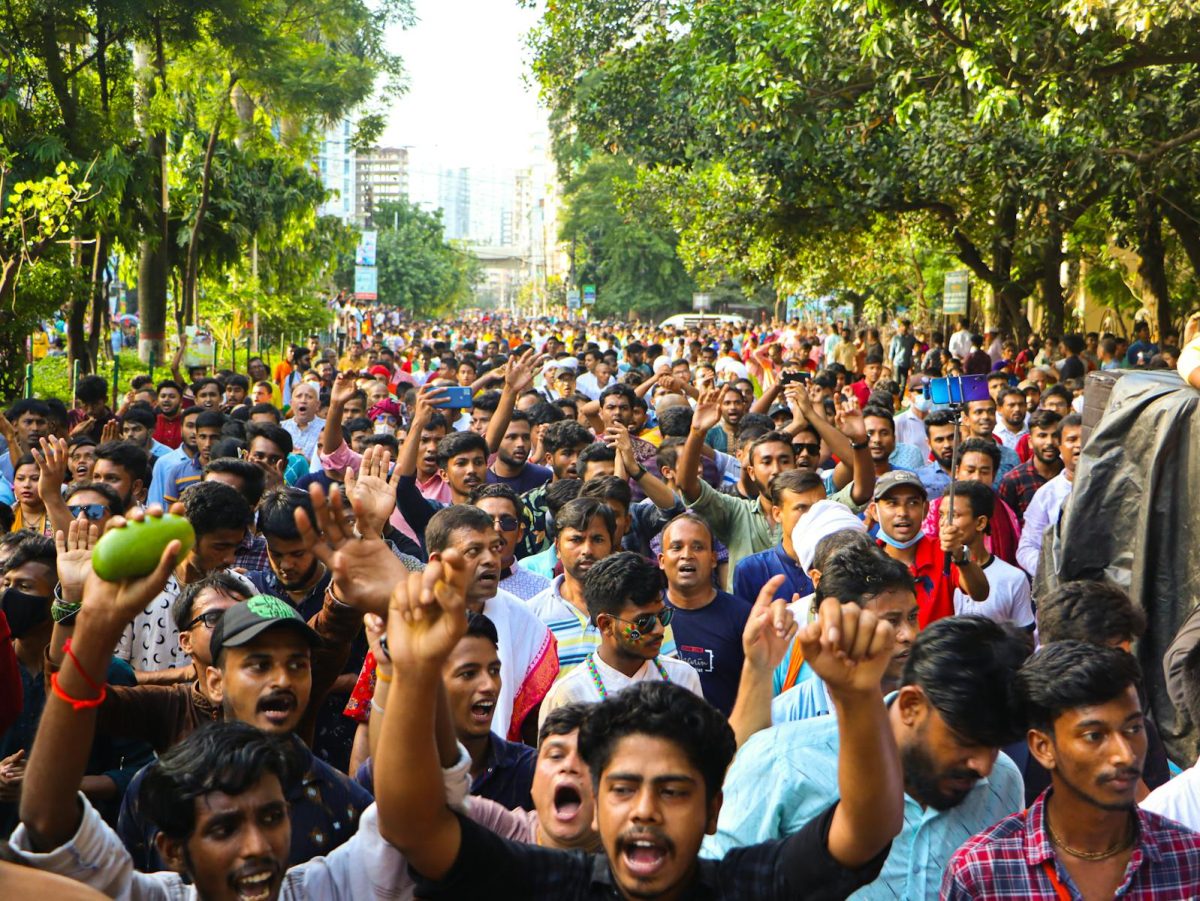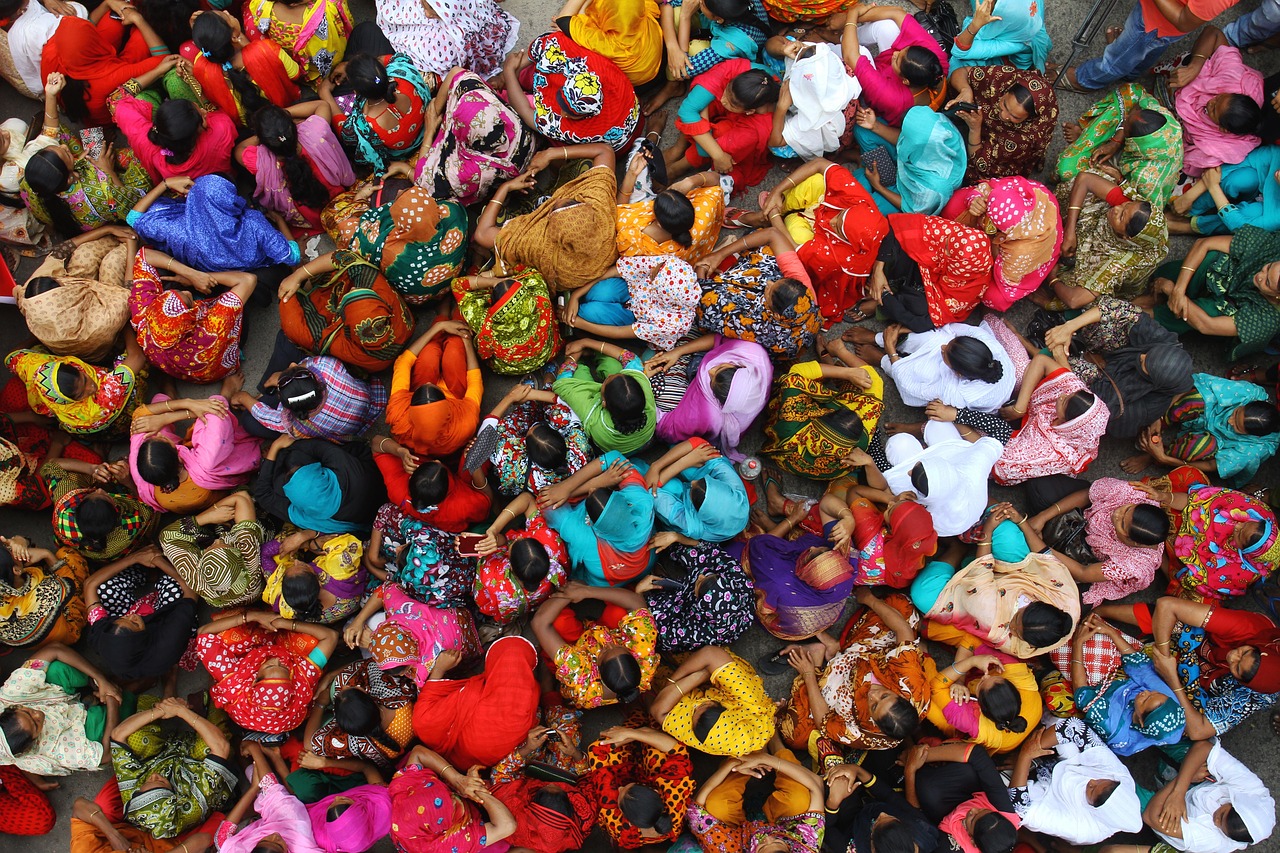Countries around the world are seeing a rise in authoritarianism, and Bangladesh is no exception. Thousands of youth and student bodies recently protested, marching towards the Indian border, in response to what they see as the erosion of their democratic rights and freedoms. This movement, led by the younger generation, highlights growing discontent with the nation’s political climate and the increasingly authoritarian tendencies of its government.
The Context of Authoritarianism in Bangladesh
In recent years, Bangladesh has witnessed a significant shift towards authoritarianism. The government has been accused of suppressing dissent, curbing freedom of speech, and manipulating electoral processes to maintain power. The ruling party’s dominance has led to a shrinking space for opposition and civil society, raising concerns about the erosion of democratic principles. High-profile incidents, such as the arrests of activists and journalists critical of the government, underscore the challenges to democratic governance in the country.
The Role of Youth in the Resistance
The youth of Bangladesh have emerged as a formidable force in the fight against authoritarianism. Their protest are not just about immediate grievances but also about the broader struggle for democracy and human rights. Leveraging social media and digital platforms, young activists have organized, mobilized, and amplified their voices, making it increasingly difficult for the government to silence them. Platforms like Facebook, Twitter, and Instagram have been crucial in rallying support, sharing evidence of abuses, and coordinating peaceful demonstrations.

The Protest a Closer Look
The recent protests, which drew thousands of students and young people, were sparked by what many described as desecration of democratic values and perceived injustices by the authorities. Marching towards the Indian border,, protesters symbolically sought to draw international attention to their plight.
This act of defiance was sparked by incidents of desecration and perceived injustices perpetrated by the authorities. The protesters demanded accountability, transparency, and respect for democratic norms. Notable examples include chants calling for free elections, placards denouncing corruption, and artistic expressions symbolizing the struggle for freedom.
The Government Response
The government’s response to these protests has been heavy-handed. Security forces have been deployed to disperse the crowds, often using excessive force, including tear gas, baton charges, and mass arrests. Human rights organizations have reported incidents of violence and intimidation against protesters, journalists, and civil society members. Despite this, the resolve of the youth remains unshaken. For many, this is not just a political struggle but a battle to define the future of their nation.
Conclusion
The rise of authoritarianism in Bangladesh is part of a global trend where democratic institutions are under threat. The youth-led resistance in Bangladesh serves as a reminder of the importance of vigilance and activism in safeguarding democracy. It also highlights the potential of young people to drive social and political change, even under repressive conditions.
As Bangladesh grapples with the rise of authoritarianism, the courage and determination of its youth offer a glimmer of hope. Their protests are a testament to the enduring spirit of democracy and the power of collective action. The international community must stand in solidarity with these young activists and support their efforts to reclaim their democratic rights. Without such support, the struggle for freedom in Bangladesh may become even more perilous.





